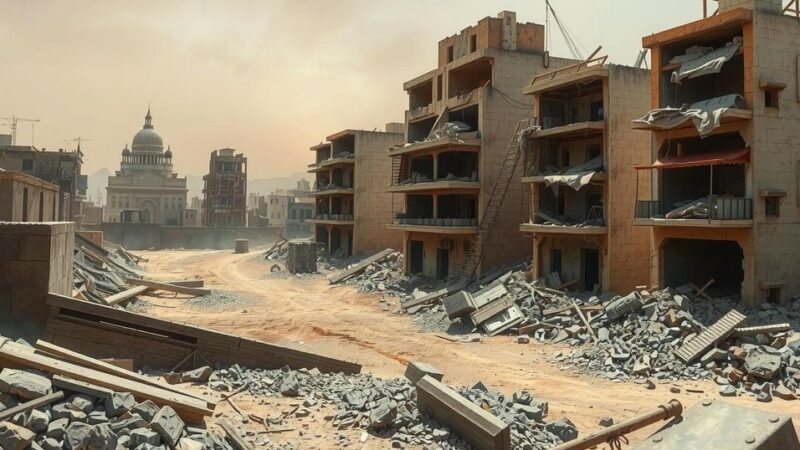Tropical Cyclone Chido made landfall on December 15, 2023, in Mozambique, progressing into a category 4 cyclone with winds reaching 200 km/h and gusts of 250 km/h. Forecasts warn of heavy rains, flooding, and storm surges, potentially affecting up to 2.5 million people across Cabo Delgado, Nampula, and Niassa Provinces. Immediate DREF assistance is being mobilized to address the escalating humanitarian crisis.
Tropical Cyclone Chido made its devastating landfall in the early hours of December 15, 2023, near the southern border of Cabo Delgado and Nampula Provinces, adjacent to Pemba. Classified as a category 4 cyclone, it unleashed ferocious winds of 200 km/h and gusts reaching 250 km/h. The cyclone’s destructive winds commenced at approximately 3 am local time, with forecasts anticipated heavy rainfall of up to 250 mm over 24 hours and gusts as strong as 260 km/h across several districts, including Mecu, Metuge, Ancuabe, Meluco, Ilha de Ibo, Quissanga, and Pemba, as well as in parts of Nampula Province.
As the situation develops, the initial assessments indicate that damage from Cyclone Chido could be severe, straddling both coastal and inland regions. Significant rainfall is expected to result in flooding and landslides, while coastal zones face threats from storm surges. Reports from Pemba indicate disruptions in mobile networks, although electricity remains operational in some regions. This DREF application has been initiated to allow for timely humanitarian responses in the areas most impacted by the cyclone.
Current estimates suggest that up to 2.5 million individuals may be affected by the cyclone, with particular emphasis on the following most affected areas: In Cabo Delgado Province, districts including Ancuabe, Balama, Chiure, Mecu, Metuge, Meluco, Ibo Island, Quissanga, Montepuez, and the City of Pemba with an exposed population totaling 1.5 million. In Nampula Province, districts such as Erati, Lalaua, Malema, Mecuburi, Memba, Nacaroa, alongside Nampula City represent a combined exposed population of around 730,000. Lastly, in Niassa Province, the districts of Cuamba, Madimba, Marrupa, Maua, Mecanhelas, Metarica, and Nipepe are home to approximately 215,000 individuals potentially impacted by the cyclone.
Cyclone Chido has emerged as a critical natural disaster impacting Mozambique, particularly affecting the provinces of Cabo Delgado and Nampula. Mozambique, an Eastern African nation, is susceptible to tropical cyclones, often characterized by strong winds and heavy rainfall leading to widespread destruction. On December 15, 2023, Cyclone Chido escalated from initial warnings to a very intense cyclone, prompting urgent forecasts and assessments by the National Institute of Meteorology (INAM). The cyclone’s trajectory indicates a significant risk to both coastal areas and inland populations due to possible flooding and landslides, necessitating humanitarian response measures.
In conclusion, Tropical Cyclone Chido has made a significant impact on Mozambique as it struck Cabo Delgado and Nampula Provinces. With forecasts indicating severe weather conditions, including high winds and substantial rainfall, the potential for flooding and destruction looms large. The DREF application aims to mobilize the response of humanitarian organizations to assist the millions affected by this natural disaster.
Original Source: reliefweb.int






